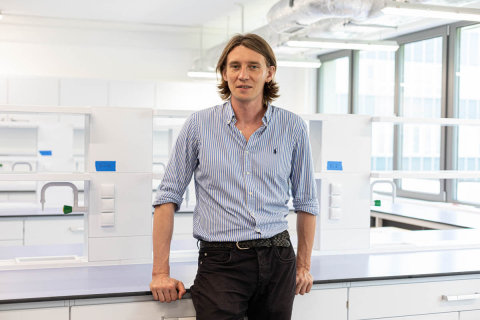In piglet nutrition, tannins are widely regarded as anti-nutritional factors. They are attributed to many adverse health effects. On the other hand, some plant raw materials containing tannins are well known for their antidiarrhoeal properties. Since ancient times, they have been used in medicine and veterinary medicine but replaced by antibiotics. The latter, used in an uncontrolled manner, has contributed to antibiotic resistance. That is why antibiotics are now used less frequently in cultures. However, what is needed are new preventive and therapeutic strategies that will serve the health of piglets.
As part of the project, the researchers want to verify the hypothesis that specific hydrolysing and condensed tannins can have a beneficial effect on intestinal homeostasis and intestinal microbiota and prevent E. coli infections in piglets without showing adverse effects on animal health.
Prof. Jürgen Zentek from the Institute of Animal Nutrition at Freie Universität Berlin will collaborate on the project. Combining the experience and infrastructure of both institutions will enable the creation of an interdisciplinary project team.
The results obtained will develop new sustainable feed additives for livestock. Furthermore, this can provide a scientifically valid alternative to antibiotics. Given the anatomical and morphological similarities between the porcine and human digestive systems, the translation of the results obtained into human medicine may be of great importance for developing effective antidiarrhoeal therapies.
In the OPUS LAP competition of the National Science Centre, cooperation with research teams from Germany is planned. Funding was awarded to 30 projects totalling over PLN 41.2 million. Awarded projects include research into cancer, nanophysics and safety, among others.
